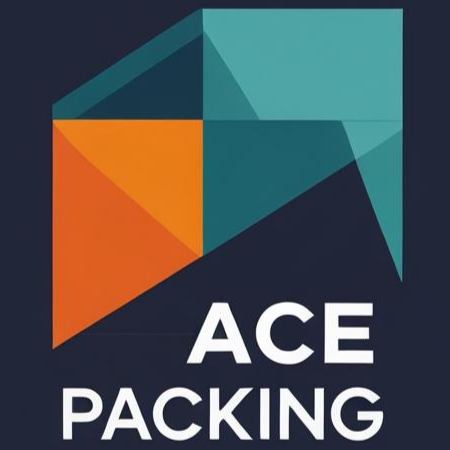How to Scale an Amazon Food Brand in the UK
Share
Amazon has become one of the fastest growth channels for UK food brands, but scaling successfully takes more than great reviews. To compete, you need compliant packaging, reliable production slots, and cost-efficient logistics. Too many founders hit roadblocks when moving from small test batches to consistent 10k+ runs.
At Ace Packing, we’ve helped challenger brands go from Sunday market sellers to Amazon Bestsellers in months. Here’s what scaling your food brand on Amazon really looks like in 2025 — and how to avoid costly mistakes.
Step 1 — Nail Your Compliance Early
- Labelling: full ingredient lists, allergens highlighted.
- Expiry coding: Amazon requires clear, legible use-by or best-before.
- Lot/batch coding: traceability for recalls and audits.
- FNSKU + GS1 barcodes: without these, your products will be rejected at the FC.
Brands that treat compliance as an afterthought end up with stock rejected at Amazon warehouses.
Step 2 — Move Beyond “Startup MOQs”
- Launching with 1k–5k units (Launch Pack) is smart for validation.
- Scaling means securing 5k–100k+ unit slots (Scale Pack) to keep costs down.
- Benefits:
- Lower unit costs
- Guaranteed production capacity
- Predictable supply for Amazon reorders
Common pitfall: founders waiting until they’ve sold out before booking their next slot → results in stockouts and lost ranking.
Step 3 — Choose Scalable Formats
- Pillow bags (VFFS): efficient, cost-effective for high volume.
- Pouches: premium look, space for labelling, great for retail crossover.
- Tins/tubes: premium gifting formats, slower but higher margins.
-
Cartonisation: plan case/pallet build to Amazon’s specs to avoid rework.
Step 4 — Optimise for Amazon FBA Logistics
- Case/pallet builds: align with FBA carton rules (labels, weight limits, SSCC).
- Shelf-life policies: Amazon often rejects stock with <90 days shelf life remaining.
- Labelling: FNSKUs, carton labels, pallet labels applied at co-packer.
- Rework strategy: if Amazon rejects stock, a co-packer with rapid repack saves launches.
Step 5 — Don’t Scale Alone
Why co-packers matter: you need more than space; you need traceability, compliance, and scalability.
-
Ace Packing advantage:
- SALSA-certified facility
- Amazon-ready batch coding, labelling, carton prep
- Predictable line slots for reorders
- Support with compliance
Common Scaling Mistakes on Amazon
- Relying on the same tiny production slot that worked at launch.
- Not budgeting for rising Amazon storage fees.
- Choosing formats that don’t palletise efficiently.
- Ignoring compliance until the first rejection.
How many units do I need to scale on Amazon?
A: Most brands move from 1k–5k runs to 5k–100k+ production for sustainable growth.
Q: What happens if Amazon rejects my stock?
A: With Rapid Repack, Ace Packing can over-label, re-code, and re-carton products to FBA spec — often within days.
Q: Can I scale to retail and Amazon at the same time?
A: Yes — many brands run Amazon FBA pouches alongside tins/tubes for gifting and retail channels.
Ready to move from launch to scale?
Ace Packing’s Scale Pack service offers predictable production runs (5k–100k+), Amazon-ready carton builds, and SALSA-certified compliance. Reserve a Scale Pack Slot Today.
